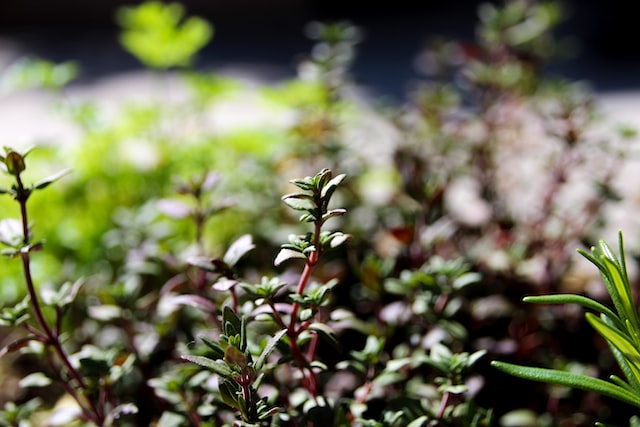Traditional African healing, also known as voodoo medicine, is a centuries-old practice that has been passed down through generations. Though it has been met with much skepticism and criticism from the Western world, its popularity and efficacy continue to grow. In this article, we will explore the history of voodoo medicine and its traditional practices. From its origins in Africa to its spread throughout the Americas, we will take a look at how this alternative form of medicine has evolved over time.
What is Voodoo medicine?
Voodoo medicine is a form of traditional African healing that has been passed down through generations. It is based on the belief that there is a spiritual force that can be harnessed to heal the body, mind, and soul. Voodoo practitioners use a variety of methods to achieve this, including herbal medicines, rituals, and spells.
Some of the most commonly used herbs in Voodoo medicine include:
-Anamu: Used to treat colds, flu, and other respiratory illnesses.
-Chamomile: Used as an anti-inflammatory and to soothe the stomach.
-Jatropha: Used to treat fevers and skin conditions.
-Moringa: Used as a general tonic to boost energy and immunity.
-Neem: Used as an antiviral and antibacterial agent.
Voodoo rituals often involve chanting or singing, drumming, dancing, and offerings of food or drink to the spirits. These activities are believed to help promote balance and harmony within the individual and between the individual and their environment. Spells are also sometimes used in Voodoo medicine, usually involving the use of specific words or symbols to achieve a desired outcome.
The history of Voodoo medicine
Voodoo, also known as Louisiana Voodoo, is a syncretic religion that combines African and Roman Catholic beliefs and practices. It is based on the belief in one supreme god, Bondye, who is unreachable to humans. Instead, followers believe in and worship a pantheon of lesser gods and goddesses, who act as mediators between Bondye and humans.
Voodoo practitioners believe that illness is caused by evil spirits, and that healing can be achieved through rituals and spells that summon good spirits. Traditional Voodoo medical treatments therefore focus on exorcism and protections against evil forces, rather than on physical cures.
The history of Voodoo medicine is closely intertwined with the history of the religion itself. Voodoo originated in West Africa with the Fon people of Dahomey (present-day Benin). It was brought to Haiti by enslaved West Africans during the 18th century, where it quickly took root and flourished. Today, Voodoo is practiced throughout Haiti, Louisiana, Cuba, Brazil, Trinidad, Tobago, Jamaica, and other parts of the Caribbean.
Traditional African healing practices
Traditional African healing practices are some of the oldest and most effective medical traditions in the world. For centuries, African healers have used a variety of techniques to treat a wide range of illnesses and injuries.
Today, traditional African healing practices are enjoying a resurgence in popularity as more people seek out alternative methods of treatment. If you’re interested in exploring this fascinating area of medicine, read on to learn more about the history and practices of traditional African healing.
The use of Voodoo medicine in the present day
In the present day, Voodoo medicine is still used by many people in Africa. The traditional healing practices and beliefs of Voodoo are passed down from generation to generation, and many of the original methods are still used today.
Voodoo healers use a variety of methods to treat their patients. Herbal remedies are commonly used to treat various ailments, and some healers also use magical rituals and spells. These rituals often involve the use of special powders or liquids that are thought to have curative powers.
Many Voodoo practitioners believe that illnesses are caused by evil spirits, so they often perform rituals to drive away these spirits. They may also use charms and amulets to protect their patients from harm.
Voodoo medicine is not only used to treat physical ailments, but also mental and emotional problems. Voodoo practitioners believe that the spirit world can influence our lives in both positive and negative ways. Therefore, they often use rituals and spells to promote good luck and ward off bad luck.
Although Voodoo medicine may seem like a superstitious practice to some, it is still used extensively in Africa today. For many people, it is an important part of their culture and identity.
Conclusion
Voodoo medicine is a fascinating and complex topic, with a rich history dating back hundreds of years. It is clear that traditional African healing practices have had a significant impact on the development of modern medicine, and there is much to be learned from these ancient traditions. If you are interested in learning more about voodoo medicine, there are many resources available online and in libraries. I encourage you to explore this topic further and learn as much as you can about the fascinating world of voodoo medicine.

